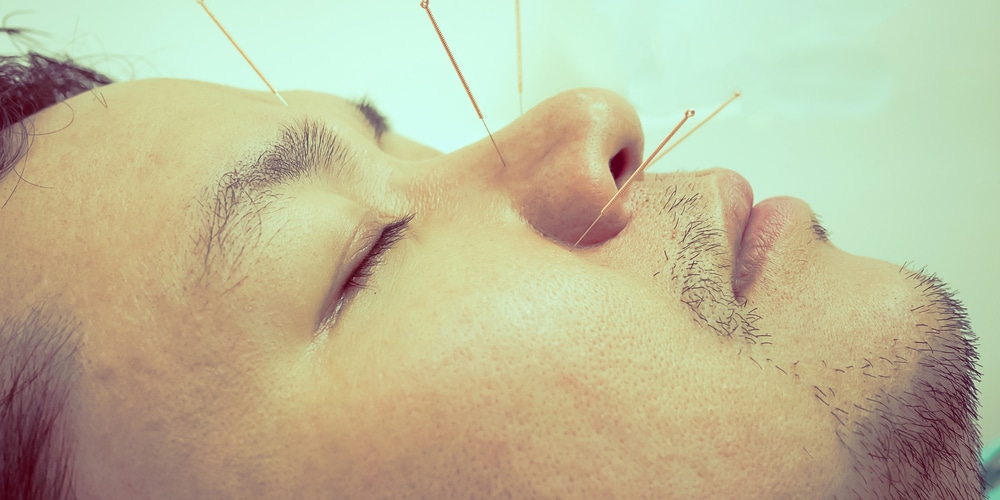FACT CHECK: Sugar does not induce hyperactivity in children
Author
Author
- admin / 1 year

- 0
- 2 min read

Author
Scientists find that sugar consumption does not affect the behaviour or cognitive performance of children. However, one cannot eliminate the possibility of a small effect, particularly in individuals with ADHD.
At birthday parties, children often gorge on candies and break into a bedlam. Parents, typically, blame the sugar in the candy for the kids’ hyperactive behaviour. The all-too-common excitatory behaviour that children exhibit after satiating their sweet cravings is referred to as “sugar rush” in common parlance. However, is there any scientific evidence to support the claims about sugar consumption leading to hyperactivity in kids?
In the early 20th century, a couple of theories emerged that linked behavioural problems in children, such as excitatory or fatigued behaviour, to food allergies, primarily, wheat and corn. However, these theories couldn’t be substantiated. By the 1970s and the 1980s, scientists could not conclusively decipher whether sugar consumption led to hyperactivity or hyperactive kids consumed more sugar.
Since the 1990s, it has been established that for the large majority of children consuming sugar will not induce hyperactivity. Scientists find that sugar (mainly sucrose) does not affect the behaviour or cognitive performance of children. However, one cannot eliminate the possibility of a small effect, particularly in individuals with attention deficit hyperactivity disorder (ADHD), a neurobiological disorder characterised by persistent symptoms of inattention, impulsivity and hyperactivity.
That said, regulating the intake of sugar is advisable for all. Excessive sugar consumption can lead to obesity, diabetes and cardiac health issues. As far as the boisterous scenes from kids’ birthday parties are concerned, it’s safe to conclude that they are likely joyous outbursts that have little to do with the “sugar rush”.
Read More : Fact-check: Eating sugar doesn’t cause diabetes









